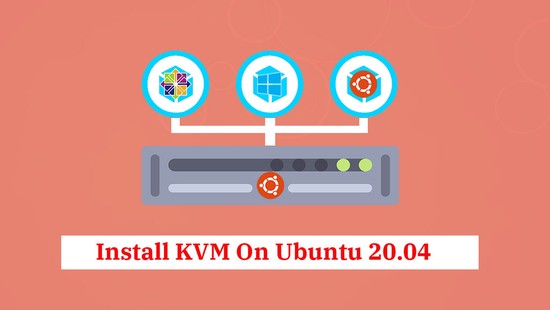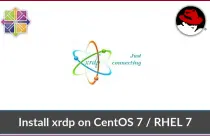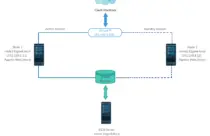Ubuntu 20.04 LTS Released - New Features & Download Links
Ubuntu 20.04 was released on April 23, 2020. It is the latest long term supported OS version from Canonical. This LTS release will receive support updates until 2025 for Desktop, Ubuntu Server, Ubuntu Cloud, and Ubuntu Core versions.
Supported Architecture
This release would be available for below architecture:
- AMD64 (64-bit PC)
System Requirements
Thee system should meet the below hardware requirements to run Ubuntu 20.04 smoothly.
- 2 GHz dual-core processor or better
- 4 GB RAM
- 25 GB of free hard drive space
- Either a DVD drive or a USB port for the installer media
- Internet Connection (Optional)
Ubuntu 20.04 LTS New Features
Major features are:
- Refreshed Yaru theme with Light/Dark switching
- GNOME 3.6 with the new lock screen, system menu, and app folder design.
- Linux Kernel 5.4
- Support for ZFS 0.8.3
- Builtin support for WireGuard VPN
- Support for raspberry pi
- Boot speed improvements via changing the default kernel compression algorithm
- Netplan supports GSM modems via the Network Manager
- Python 3 by default
You can read detailed information about the new features here.
Download Ubuntu 20.04 LTS
Canonical offers two distribution, namely Ubuntu Desktop and Ubuntu Server for the end-users.
Ubuntu Desktop
Ubuntu Desktop is a standard release with the graphical desktop environment for daily users who wants an alternative to the Windows operating system
Ubuntu Server
Ubuntu Server is a standard release without a graphical environment and mainly used as a Linux server for running applications in a production environment.
Install Ubuntu 20.04 LTS
READ: Step by Step Guide To Install Ubuntu 20.04 LTS (With ScreenShots)
Upgrade To Ubuntu 20.04 LTS
READ: How To Upgrade To Ubuntu 20.04 LTS From Ubuntu 18.04/19.10
Try Ubuntu 20.04 LTS VM Images
If you do not have time to install Ubuntu 20.04, use the below link to download a ready to run Ubuntu20.04 VirtualBox and VMware images.
Conclusion
That’s All. After installing Ubuntu 20.04, do check out articles of Ubuntu 20.04 to get the most out of your OS installation.
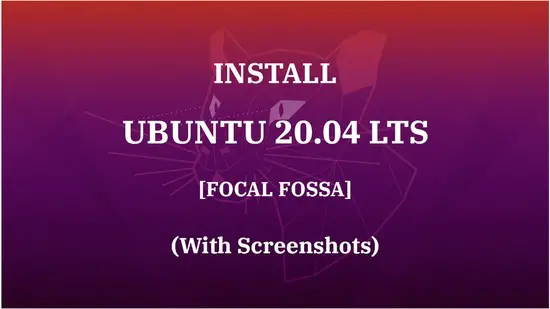
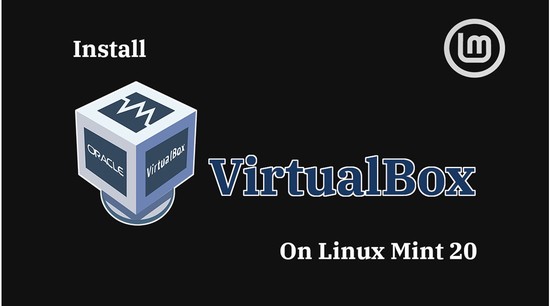

![How To Upgrade To Linux Mint 20 From Linux Mint 19 [Detailed Guide]](/post/how-to-upgrade-to-linux-mint-20/featured_hu3b6c6a25dd04b6406f79faf78c8c0be6_108894_550x0_resize_q90_lanczos.jpg)
